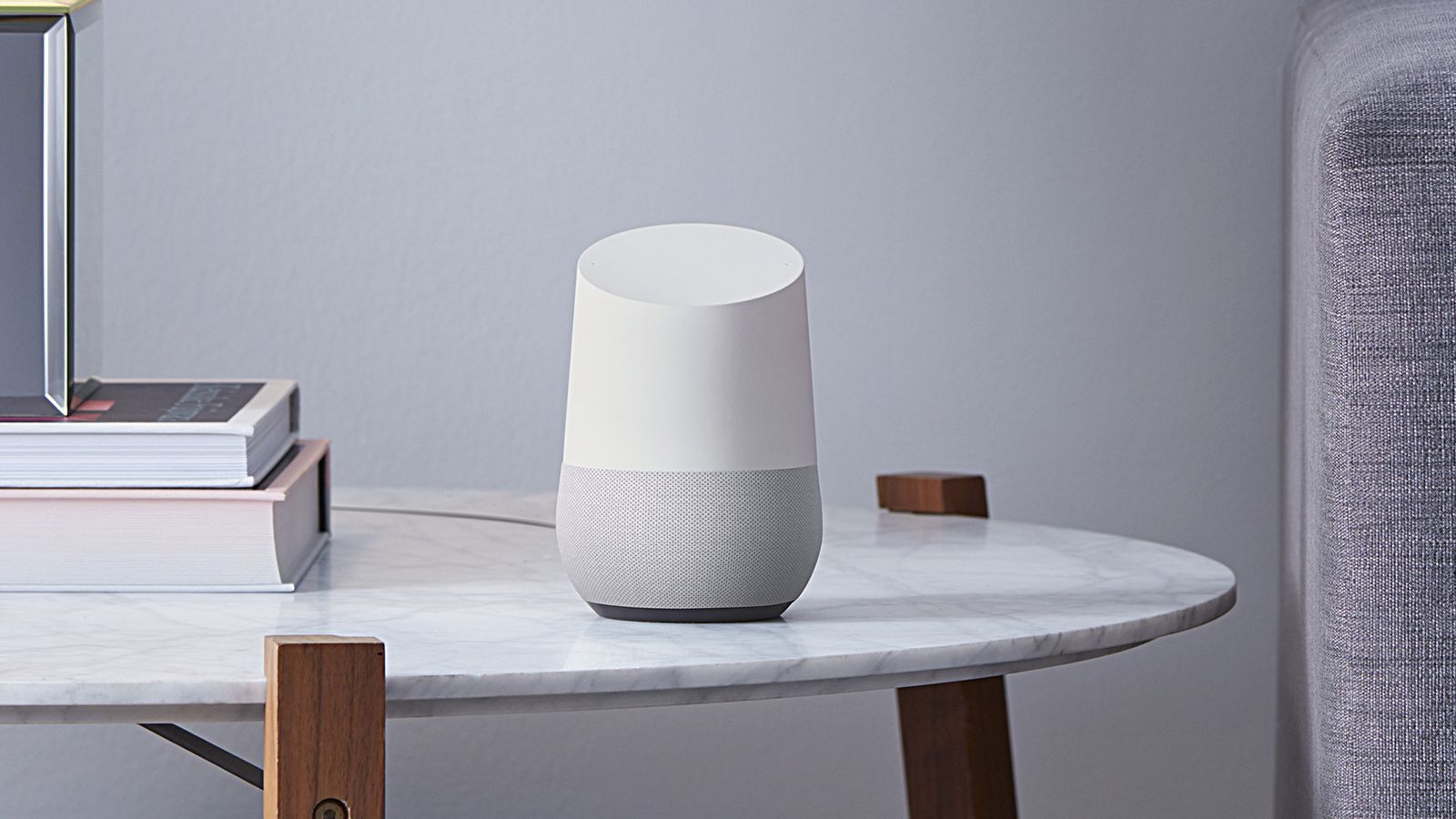We love Alexa! We have had the Amazon Echo for well over a year. Recently we also got a Google Home, to test it against our Alexa experience.
 The quick summary: Interacting with Alexa is like interacting with a person. Interacting with Home is like interacting with a computer. Alexa is fun; Home is useful. If you took away Alexa, I would be upset - I would be losing a friend. If you took away Home, I wouldn't care too much. It was very strange, but I actually felt like I might be offending Alexa when I purchased Home.
The quick summary: Interacting with Alexa is like interacting with a person. Interacting with Home is like interacting with a computer. Alexa is fun; Home is useful. If you took away Alexa, I would be upset - I would be losing a friend. If you took away Home, I wouldn't care too much. It was very strange, but I actually felt like I might be offending Alexa when I purchased Home.
Here are the two main differences:
Here are the two main differences:
- Wake-up words. "Alexa" is friendly, easy to say, and evokes emotion. Alex personifies the system - I am talking with someone. "OK Google" is awkward, and constantly reminds you that you are talking to a machine - I am talking to something. Of course, Google will update Home to allow us to customize the wake-up word, but the current out of box experience is less than compelling.
- Response time. I have not actually measured these, but Echo feels faster than Home. It is like the difference between a regular phone call and a satellite call. On a regular call you connect with the person on the other end. On a satellite call, with only a slight delay, things get awkward - you interrupt each other, there are strange pauses, etc.
The pictures here are fairly typical - Echo is marketed interacting with people; Home is marketed as a beautiful looking speaker.
Lots of other reviews have covered the capabilities of each. In the long run, Home has the advantage of being connected to all my other Google services. It seems technically easy for Google to update Home from being a machine to be a friend. Hopefully, Google can also make the philosophical leap. Until they do, Home will always "feel" less compelling than Echo.
Lots of other reviews have covered the capabilities of each. In the long run, Home has the advantage of being connected to all my other Google services. It seems technically easy for Google to update Home from being a machine to be a friend. Hopefully, Google can also make the philosophical leap. Until they do, Home will always "feel" less compelling than Echo.
